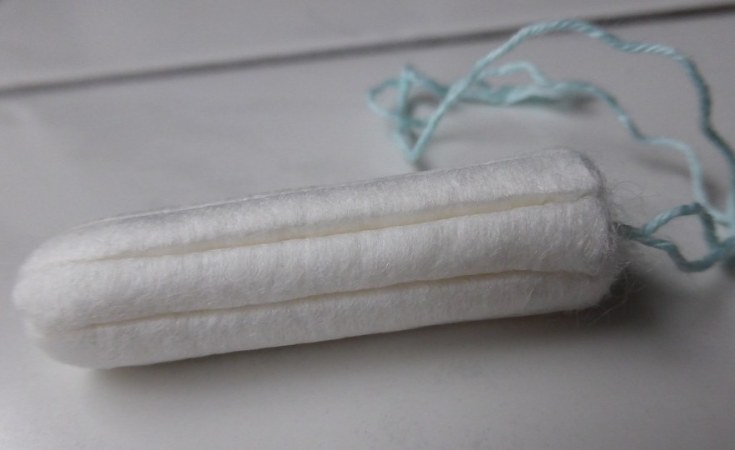HAMBELELENI Matsi, the chief executive officer of Diagnostic Lab, says no child should miss school due to menstruation.
Matsi said this at a handing-over event of sanitary pads at State House last week.
Over 260 boxes of sanitary pads were donated to regional governors for further distribution among identified schools across the country.
Namibia joined the world in celebrating Menstrual Hygiene Day on Saturday.
The day aims to highlight the importance of menstrual care and the issues those who do not have access to sanitary pads are faced with.
The goal of awareness events is to make menstruation a normal part of life by 2030.
Minister in the Presidency Christine //Hoëbes at the event said many women and girls around the globe are faced with stigma, are sidelined, and are treated unfairly due to this natural bodily function.
"We are all duty-bound in our different sectors of interest, to ensure that we roll out meticulous educational programmes targeted at that group of people needing awareness, coupled with continuous support for our women and girls," she said.
The Presidency will facilitate Diagnostic Lab's donation, //Hoëbes said.
"It remains critical for our learning environments to strongly continue with the provision of access to menstrual hygiene materials, latrines, places to change, safe water and sanitation, and good hygiene practices like hand washing with soap, as well as the safe dispensing of used products," she said.
Without this the school environment is unhealthy, gender discriminatory and inadequate, she said.
"This is done through ongoing reforms aimed at keeping girls in school, and assuring the completion of her schooling career uninterrupted," //Hoëbes said.
While these 260 boxes may not address national sanitary poverty, which is said to account for the high rate of absenteeism at schools, the gesture would hopefully carry home the message of the importance of a unified front in addressing negative issues arising from menstruation, she said.
The minister further said the topic of menstruation is considered by many as a taboo and is associated with many negative cultural perceptions, including that menstruating women and girls are 'contaminated, dirty and impure'.
Girls in rural areas suffer much more stigma, she said.
//Hoëbes said the government and its partners have launched several initiatives to address issues related to menstrual hygiene in schools and other institutions.
Last year the deputy minister of information and communication technology, Emma Theofelus, in the National Assembly tabled a motion calling for a tax exemption on menstrual products.
Minister of finance Iipumbu Shiimi shortly thereafter announced that value-added tax on sanitary pads would be abolished in the 2022/23 financial year.


